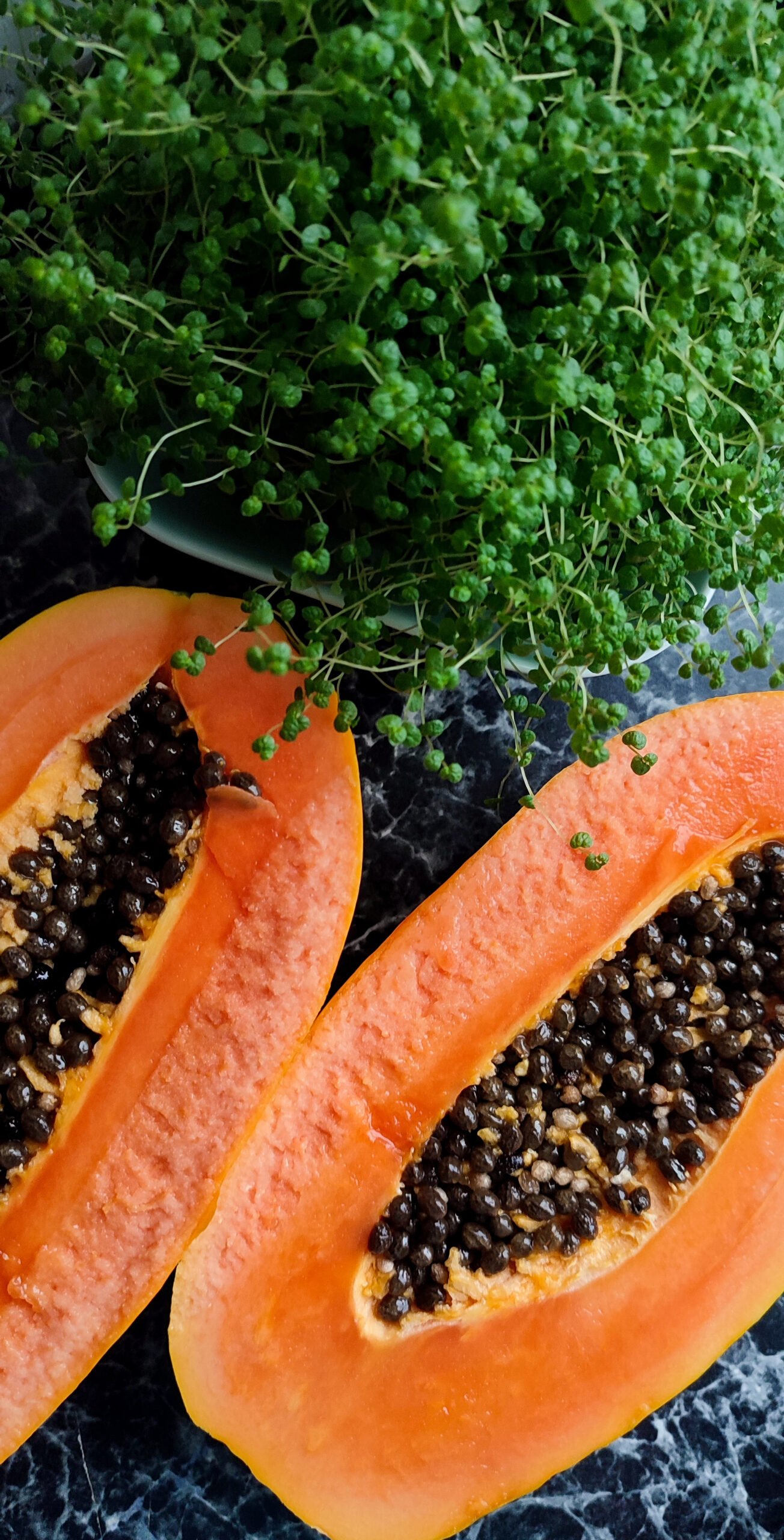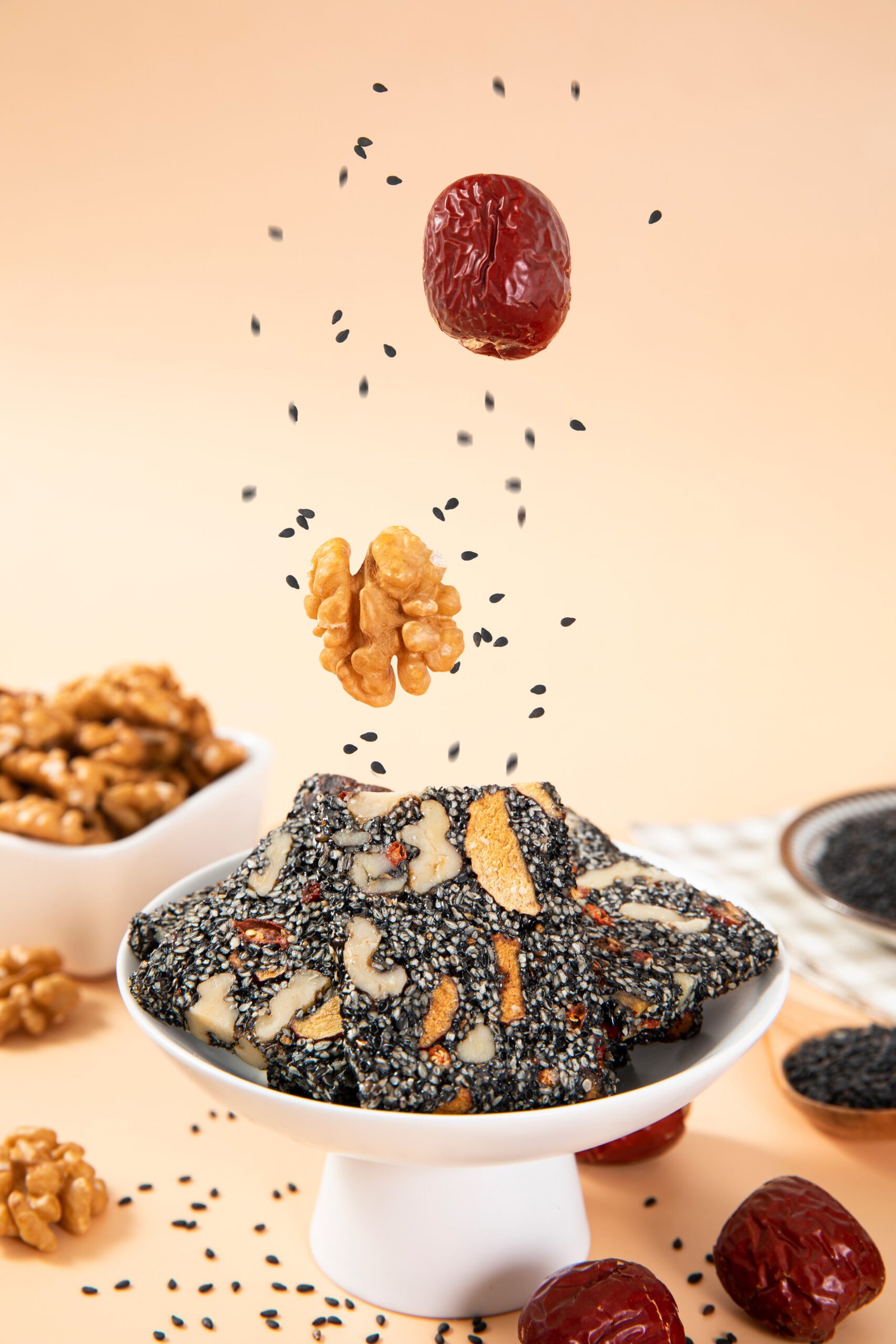Chia seeds have gained quite the health food reputation over the past few years, and for good reason. These tiny powerhouses of nutrition pack a big punch when it comes to your well-being. Not only are they loaded with vitamins, minerals, and antioxidants, but they also provide a healthy dose of fiber and omega-3 fatty acids. From aiding in digestion to promoting heart health, chia seeds offer a wide range of surprising health benefits that make them a must-add to your diet.

This image is property of images.pexels.com.
1. Cardiovascular Health
1.1 High in Omega-3 Fatty Acids
Chia seeds are incredibly high in omega-3 fatty acids, which are essential for maintaining cardiovascular health. These healthy fats help reduce inflammation, lower the risk of heart disease, and improve overall heart function. Incorporating chia seeds into your diet regularly can provide a significant boost to your cardiovascular health.
1.2 Reduces High Cholesterol
Chia seeds have been found to be effective in reducing high cholesterol levels. The omega-3 fatty acids in chia seeds help increase the levels of good cholesterol (HDL) while reducing bad cholesterol (LDL) and triglycerides. By consuming chia seeds, you can actively work towards maintaining healthy cholesterol levels and promoting a healthy heart.
1.3 Regulates Blood Pressure
One of the major contributors to heart disease is high blood pressure. Chia seeds contain a good amount of potassium, which is known to help regulate blood pressure levels. By incorporating chia seeds into your diet, you can contribute to maintaining healthy blood pressure and reduce the risk of developing hypertension.
2. Digestive Health
2.1 Excellent Source of Fiber
Chia seeds are an excellent source of dietary fiber, which plays a vital role in maintaining digestive health. Adequate fiber intake promotes regular bowel movements, prevents constipation, and keeps your digestive system functioning optimally. Consuming chia seeds ensures that you’re getting an ample amount of fiber, which is essential for overall digestive wellness.
2.2 Promotes Healthy Gut
The high fiber content in chia seeds also acts as a prebiotic, which means it promotes the growth of beneficial bacteria in your gut. These good bacteria help maintain a healthy gut microbiome, improve digestion, and enhance nutrient absorption. By incorporating chia seeds into your diet, you can support a healthy gut and improve your overall digestive health.
2.3 Reduces Digestive Issues
For those suffering from digestive issues such as bloating, gas, or irritable bowel syndrome (IBS), chia seeds can be beneficial. The combination of fiber and healthy fats in chia seeds helps soothe the digestive system, reduce inflammation, and alleviate symptoms commonly associated with digestive disorders. By consuming chia seeds regularly, you may experience a reduction in digestive issues and an improvement in overall gut health.

This image is property of images.pexels.com.
3. Weight Management
3.1 Helps with Weight Loss
Chia seeds are often touted as a superfood for weight loss. This is because these tiny seeds expand when they come into contact with liquids, creating a gel-like substance in your stomach. This gel-like substance helps you feel fuller for longer, reducing the chances of overeating and promoting weight loss. By incorporating chia seeds into your meals or snacks, you can potentially curb your appetite and manage your weight effectively.
3.2 Reduces Appetite
Due to their ability to absorb water and expand, chia seeds help reduce appetite by making you feel fuller. The soluble fiber content in chia seeds forms a gel in your stomach, which not only prolongs the feeling of fullness but also slows down the absorption of food. This can be particularly helpful for those looking to control their calorie intake and manage their weight.
3.3 Increases Satiety
One of the reasons why chia seeds are effective for weight management is their high satiety value. The combination of protein, fiber, and healthy fats in chia seeds helps keep you satiated and satisfied after a meal. By adding chia seeds to your meals or snacks, you can enhance satiety and reduce the urge to reach for unhealthy, calorie-dense foods.
4. Blood Sugar Control
4.1 Stabilizes Blood Sugar Levels
Chia seeds are a great addition to a diabetic-friendly diet as they help stabilize blood sugar levels. The fiber content in chia seeds slows down the digestion process, preventing rapid spikes in blood sugar levels after a meal. Incorporating chia seeds into your meals can contribute to better blood sugar control and improve overall glycemic control.
4.2 Beneficial for Diabetics
For individuals with diabetes, maintaining stable blood sugar levels is crucial. Chia seeds can be helpful in managing diabetes as they have a low glycemic index and contain a good amount of dietary fiber. The slow release of carbohydrates from chia seeds helps prevent sudden blood sugar spikes and contributes to better blood sugar management.
4.3 Improves Insulin Sensitivity
Insulin sensitivity is an important factor in maintaining healthy blood sugar levels. Chia seeds have been found to improve insulin sensitivity, which means your cells become more responsive to insulin, the hormone responsible for regulating blood sugar. By incorporating chia seeds into your diet, you can potentially improve your body’s ability to utilize insulin effectively and maintain stable blood sugar levels.

This image is property of images.pexels.com.
5. Bone Health
5.1 High in Calcium
Maintaining strong and healthy bones is crucial, especially as you age. Chia seeds are an excellent source of calcium, which is essential for maintaining bone health. Calcium is a key mineral that helps build and maintain bone density, reducing the risk of osteoporosis and fractures. Including chia seeds in your diet can be a simple and effective way to boost your calcium intake and support bone health.
5.2 Rich in Phosphorus and Magnesium
In addition to calcium, chia seeds are rich in phosphorus and magnesium, two minerals that play a vital role in maintaining strong bones. Phosphorus is necessary for proper bone formation and repair, while magnesium helps transport calcium to the bones and contributes to bone density. By consuming chia seeds regularly, you can ensure an adequate intake of these essential minerals for optimal bone health.
5.3 Prevents Osteoporosis
Osteoporosis is a condition characterized by weak and brittle bones, and it affects millions of people worldwide, especially women. The combination of calcium, phosphorus, and magnesium in chia seeds makes them a great addition to a bone-healthy diet. By incorporating chia seeds into your meals, you can help prevent the onset of osteoporosis and maintain strong and healthy bones.
6. Energy Boost
6.1 Packed with Nutrients
Chia seeds are packed with essential nutrients that provide a natural energy boost. They are a rich source of protein, healthy fats, fiber, and vitamins and minerals like iron, magnesium, and B vitamins. These nutrients provide the body with sustained energy throughout the day, making chia seeds an excellent choice for an energy-boosting snack or addition to meals.
6.2 Provides Sustained Energy
Unlike sugary snacks or energy drinks that provide a sudden spike in energy followed by a crash, chia seeds provide sustained energy. The combination of healthy fats, protein, and fiber in chia seeds helps slow down the digestion process, ensuring a steady release of energy over an extended period. By incorporating chia seeds into your diet, you can maintain consistent energy levels throughout the day.
6.3 Reduces Fatigue
Many people experience fatigue and low energy levels, especially during busy or stressful periods. Chia seeds can be an excellent natural remedy for fatigue due to their nutrient-dense composition. The combination of protein, healthy fats, and minerals in chia seeds helps combat fatigue and increase alertness, making them a great addition to your diet when you need an energy boost.
7. Skin Health
7.1 Anti-Inflammatory Properties
Inflammation is a common underlying cause of many skin issues, including acne, eczema, and psoriasis. Chia seeds contain anti-inflammatory compounds that can help reduce skin inflammation and promote healthier skin. By incorporating chia seeds into your diet, you may experience a reduction in skin redness, irritation, and inflammation.
7.2 Enhances Skin Moisture
Maintaining proper hydration is essential for healthy and glowing skin. Chia seeds are hydrophilic, meaning they can absorb and retain water. When consumed, chia seeds can help enhance skin moisture and improve skin hydration from within. Adding chia seeds to your daily routine can contribute to a more moisturized and radiant complexion.
7.3 Combats Aging
The antioxidants found in chia seeds help combat free radicals, which are molecules that contribute to premature aging and skin damage. By consuming chia seeds, you provide your body with a good dose of antioxidants that fight oxidative stress and reduce the signs of aging. Regular consumption of chia seeds may lead to healthier, younger-looking skin.
8. Brain Function
8.1 Improves Cognitive Performance
Chia seeds contain essential nutrients that support brain health and cognitive function. The omega-3 fatty acids found in chia seeds are particularly beneficial for brain health, as they help improve memory, concentration, and overall cognitive performance. By incorporating chia seeds into your diet, you can boost your brain function and support optimal cognitive health.
8.2 Supports Brain Health
The combination of nutrients present in chia seeds, including omega-3 fatty acids, antioxidants, and vitamins, supports overall brain health. These nutrients help protect brain cells from oxidative stress, reduce inflammation in the brain, and support the production of neurotransmitters essential for optimal brain function. Including chia seeds in your diet can contribute to improved brain health and cognitive well-being.
8.3 Reduces Inflammation in the Brain
Inflammation in the brain has been linked to various neurological conditions, including Alzheimer’s disease and Parkinson’s disease. Chia seeds’ anti-inflammatory properties can help reduce inflammation in the brain, potentially lowering the risk of developing these debilitating conditions. By consuming chia seeds regularly, you can promote brain health and protect against age-related cognitive decline.
9. Muscle Health
9.1 High in Protein
Protein is the building block of muscles, and chia seeds are an excellent plant-based source of protein. Including chia seeds in your diet can provide your body with the necessary protein for muscle growth, repair, and maintenance. Whether you’re an athlete or simply looking to improve your muscle health, chia seeds can contribute to stronger, healthier muscles.
9.2 Aids in Muscle Recovery
After intense physical activity or exercise, proper muscle recovery is essential for optimal performance and overall muscle health. Chia seeds contain amino acids, which are the building blocks of protein and help repair and rebuild damaged muscle tissues. By incorporating chia seeds into your post-workout routine, you can aid in muscle recovery and promote faster healing of muscle fibers.
9.3 Enhances Muscle Strength
In addition to protein, chia seeds are also rich in other important nutrients like magnesium and calcium, which play a role in muscle health and strength. Magnesium is involved in muscle contraction and relaxation, while calcium is necessary for proper muscle function. By consuming chia seeds regularly, you can support muscle strength and improve your athletic performance.
10. Antioxidant Properties
10.1 Rich in Antioxidants
Chia seeds are packed with antioxidants, which are beneficial compounds that help protect the body against free radicals and oxidative stress. These antioxidants neutralize harmful molecules in the body, reducing the risk of chronic diseases and promoting overall health. Including chia seeds in your diet can significantly increase your antioxidant intake and strengthen your body’s defense against various illnesses.
10.2 Fights Free Radicals
Free radicals are unstable molecules that can cause cell damage and contribute to the development of chronic diseases. Chia seeds’ high antioxidant content helps fight against free radicals, reducing cellular damage and promoting better overall health. By incorporating chia seeds into your diet, you can provide your body with the necessary tools to combat harmful free radicals effectively.
10.3 Strengthens the Immune System
A strong immune system is crucial for fighting off infections and diseases. Chia seeds’ antioxidant properties help strengthen the immune system by reducing inflammation, protecting cells from damage, and supporting immune cell function. By consuming chia seeds regularly, you can give your immune system a much-needed boost and enhance your body’s ability to defend against illnesses.
In conclusion, chia seeds offer a wide range of surprising health benefits across various aspects of your well-being. From promoting cardiovascular health to supporting brain function, improving digestion to enhancing muscle health, chia seeds can be a valuable addition to your diet. With their high nutrient content, chia seeds provide numerous advantages for your overall health and vitality. So why not start incorporating these tiny but mighty seeds into your meals and snacks to reap the incredible benefits?